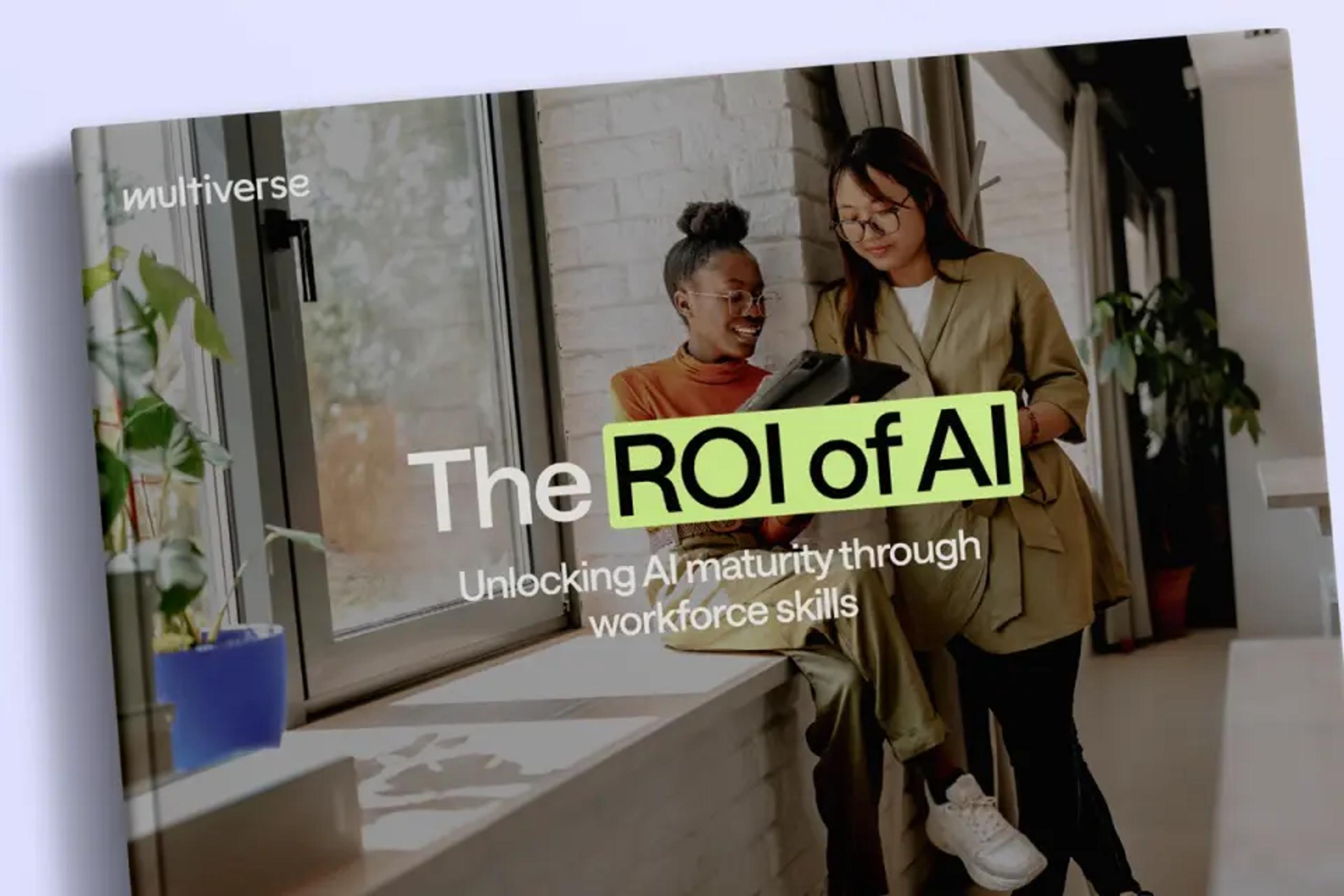Winter is officially in swing and you know what that means.
Time to put in place the final elements of your HR strategy for 2020.
We know. Crazy, right? But as much as we hate how quickly 2019 has gone by, now is the perfect time to take a moment and marinate on what's working, what could be better and most importantly, what's happening in the world around you.
Let's start by taking a closer look at the top talent predictions for next year:
- Flexibility will be first and foremost.
- The skills gap will remain a barrier to growth.
- Learning "in the flow of work" is finally here.
Expert insights from the likes of Mercer, Gartner and Bersin point to a future workplace in which everything we thought we knew about how work should—well, work—is coming under question.
So, what do you need to know to stay ahead?
We're breaking down the data point-by-point to help you find the answers you need in order to ensure your organisation will thrive in 2020, and beyond.
What is 'permanent flexibility'? (Hint: More than a WFH policy)
For years, business and talent professionals have been bracing themselves for the impending millennial takeover.
Well, it's finally here.
And while we all know that millennials are massive fans of flexibility in the workplace, many HR professionals tend to answer that demand by simply offering up a few work-from-home days every month. But according to recent data, there's a lot more to it than that.
The term 'permanent flexibility' was coined by Mercer in their 2018 Global Talent Trends Report(opens new window) which uncovered that 71% of employees who said they were thriving at work reported having access to flexible working options.
As the report reveals, true flexibility goes beyond your WFH policy to innovating new strategies for how work is done, and by whom.
The report's authors write that flexibility can address the widening skills gap, give employers access to a broader talent pool and help support diversity strategies.
At Multiverse, we've seen it firsthand.
By integrating apprentices into your workforce, you empower line managers with flexibility of choice, encourage them to step into the role of a mentor and enable them to find a greater sense of autonomy at work.
Now, that's the kind of flexibility millennials really love.
Not only that, apprentices help employers achieve true inclusion in their organisations by enabling them to grow diverse talent from the bottom up.
Which brings us to our next point.
Diversity will be key to closing the skills gap
In 2020, the skills gap will continue to plague organisations all across the globe.
Gartner research shows that some 67% of business leaders(opens new window) believe their company will no longer be competitive if it doesn't become significantly digitized by next year—and it's becoming clearer and clearer that most of us have no idea how to really move the needle on closing the skills gap.
In fact, 75% of employers say that training just doesn't work(opens new window). But how can you teach your current workforce new tricks if not by training them on new skills?
Three words: Relevant employee apprenticeships.
"If the course is too prescriptive or not able to work around people’s busy schedules, then people won’t want to commit. The way the course is delivered (e.g., remotely via web, face-to-face sessions, etc.) and the flexibility of this is hugely valued," says Zoë Canvin, Programme and Events Lead for one of the UK's leading educational charities, TeachFirst.
Successful employee apprentices like Zoë know that unless an apprenticeship is specifically tailored to an individual's future career plans, it simply isn't going to work.
Rather than pigeon-holing employees into the role you want them to fill, try broadening your definition of diversity to allow space for upward and lateral movement.
Who knows? You might end up making your entire workforce more dynamic, while providing greater opportunities for millennials and Gen Z'ers to come into the organisation, and bring all their awesome digital skills with them.
Learning as you flow
According to experts like Josh Bersin, "reskilling and continuous upskilling is a CEO-level topic", and one that's finally cemented itself on the business agenda.
Today, there are hundreds of alternatives to the stale one-day seminar. From collaborative learning to AI-based content recommendations and micro-learning tools, there are many cool new ways to learn(opens new window) on the job.
But sometimes a new-school spin on an old-school approach just works best.
With apprentices in the mix, you give both your current and future employees everything they need to understand your organisation, down to its very fabric.
As the original grow-as-you-go approach to "learning in the flow of work", the value of apprenticeships is virtually timeless.
And as new tech, tools and bots are released year after year, it may be one of the only ways to keep your human workforce as sharp and up-to-date as possible.
Interested in finding out more? Get in touch by filling out the form below.




